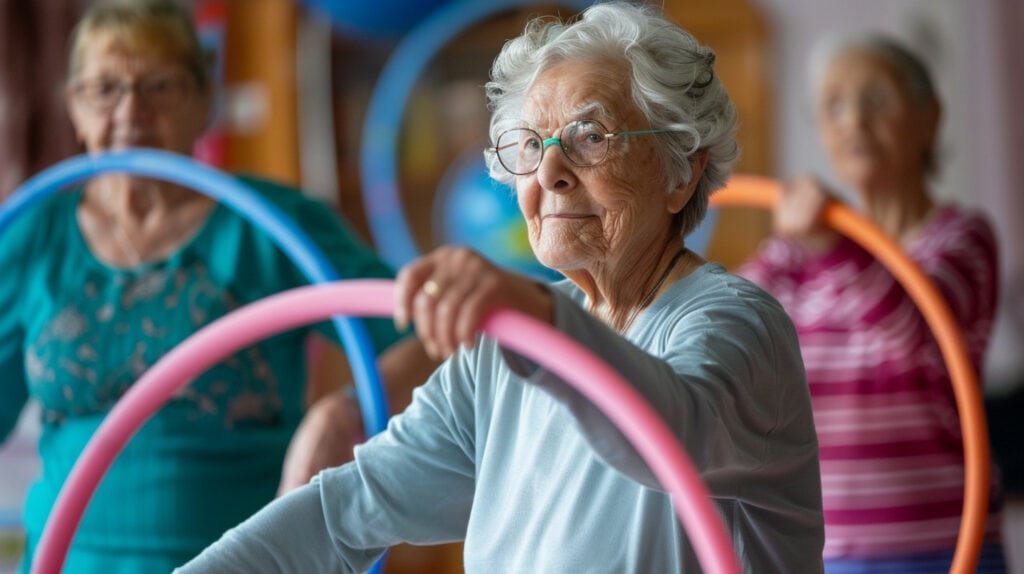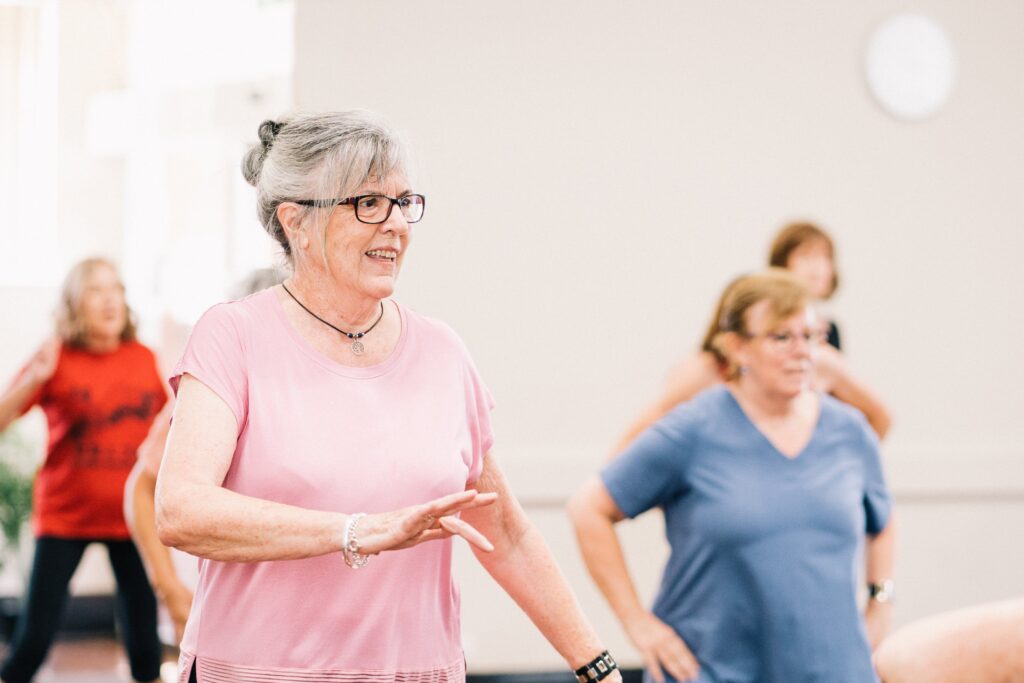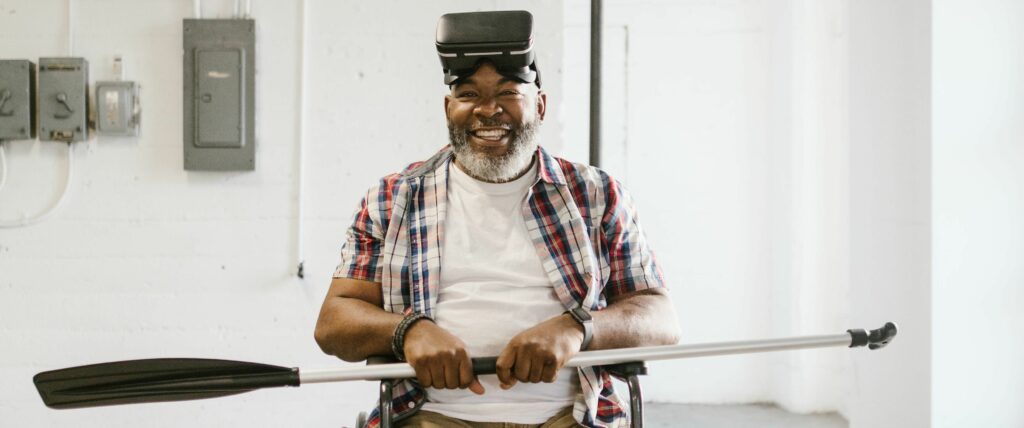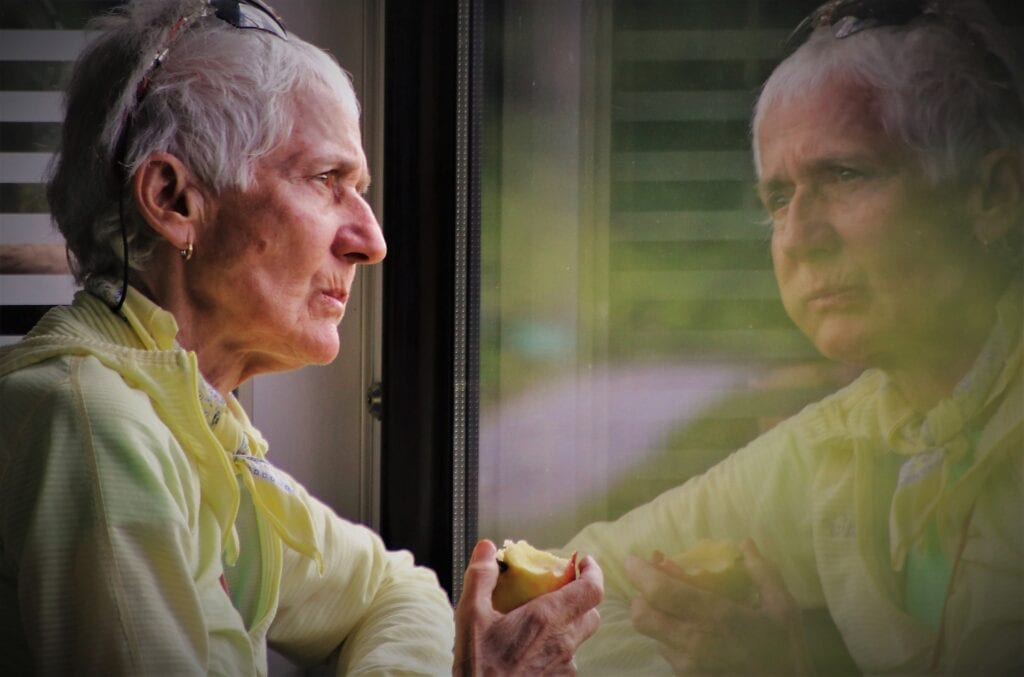The Collaborative Approach: Diversional Therapy in multidisciplinary teams

A key standard of practice for New Zealand’s Diversional and Recreational therapists states: “Diversional and Recreational therapists working as competent members of a team must ensure to be part of a multidisciplinary team or interdisciplinary team approach to achieve positive outcomes for the client”.
But what does this actually mean?
As Diversional Therapists, we take a holistic approach, working with the whole person and designing activities that meet their physical, emotional, spiritual and social needs. To be able to do this effectively, we need to be part of the workplace’s multidisciplinary healthcare team.
In order to put together and implement an individualised care plan, we have to fully understand a client’s needs – their physical and mental health, mobility, emotional state, mental and cognitive abilities – and so it is beneficial if we can get input from whānau, doctors, nurses, physiotherapists and any other health professionals involved. This ensures that we are all on the same page and working to the same ends: for example, if a physio has set hand exercises which the client is reluctant to do, a Diversional Therapist can adapt an activity and bring in the exercises so that the client doesn’t feel that it’s a separate exercise or chore. Once this activity has been added to the care plan, adaptations can be made in consultation with the multidisciplinary team if needed.
We need to have a good understanding of a client’s mental and physical abilities so we can make sure the activities we design are not beyond the client’s reach, as that could be frustrating and demoralising for them. It also helps to know what medication the client is on so we can be aware of possible side effects like fatigue or brain fog that would make some activities difficult for them.
Regular interactions with other healthcare staff will also promote clearer communication, ensuring that every team member is aware of the patient's needs and progress
For example, In a busy rest home, a healthcare assistant notices that Rose, an elderly woman and a fairly new resident, is not her normal self and through conversation finds out it’s the anniversary of the death of her husband. This is discussed at a team meeting with the Diversional Therapist who then tailors an activity to address Rose’s emotional needs through a suitable activity.
Collaboration with various healthcare professionals provides a more comprehensive approach to patient care, addressing multiple aspects of a patient’s well-being. Here’s a case study example of the benefits of a collaborative approach.
Charlie, a 70 year old resident with limited mobility, was finding it hard to adapt to his new circumstances in a rest home and showing signs of depression. He had no interest in engaging with other residents or taking part in any activities other than the occasional trip out. On a visit to a local garden centre, the Diversional Therapist noticed a marked change in Charlie, who began to talk animatedly about the garden he had left behind. She brought it up at a team meeting and discussed with medical staff the possibility of incorporating it into Charlie’s care plan. Medical staff provided assessments and treatments to manage Charlie’s physical symptoms and support his mobility. A hui was held with his family, who were very keen for Charlie to connect with his passion for gardening. The Diversional Therapist facilitated the creation of a raised garden bed accessible to Charlie and introduced a gardening club. Charlie’s involvement with the garden improved his physical activity and emotional state. He became a source of gardening knowledge for other residents, with an uplift in his morale and well-being.

All Diversional Therapists will know someone like Charlie, whose grief at losing their home and independence can send them into depression. Working collaboratively, a multidisciplinary team can empower patients to better come to terms with their new situation and maintain their physical, mental and emotional wellbeing.






Responses